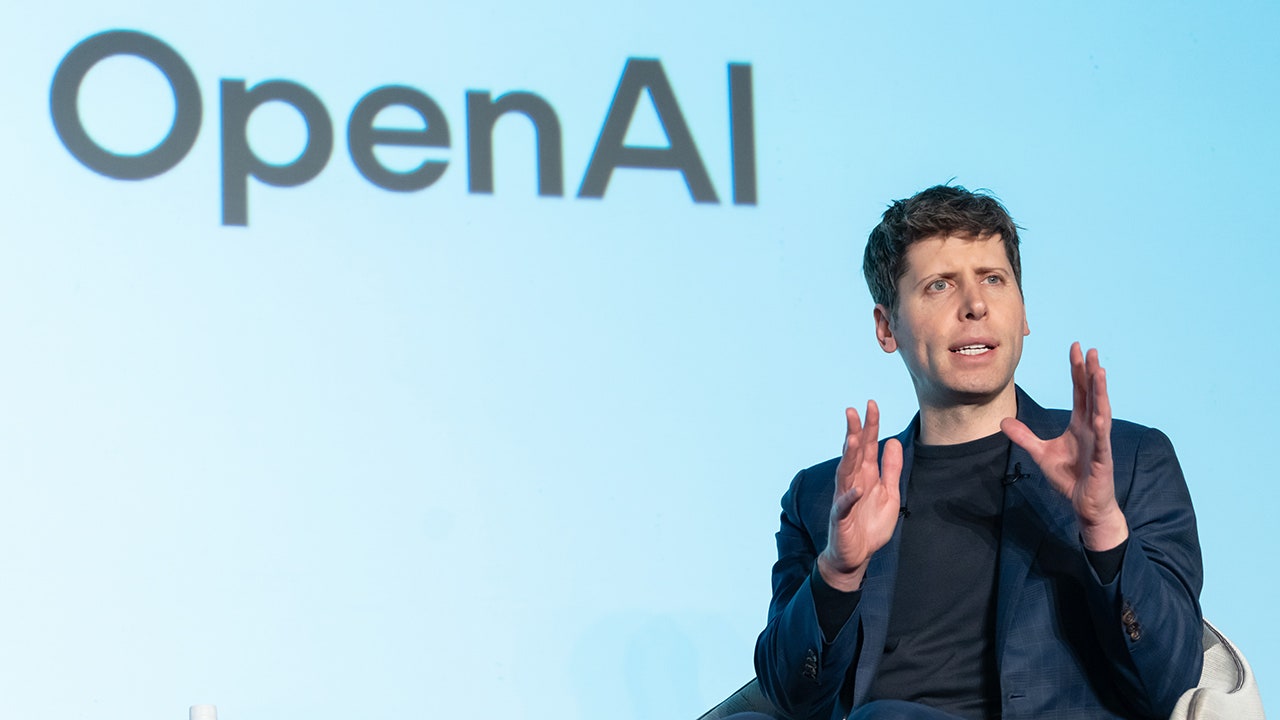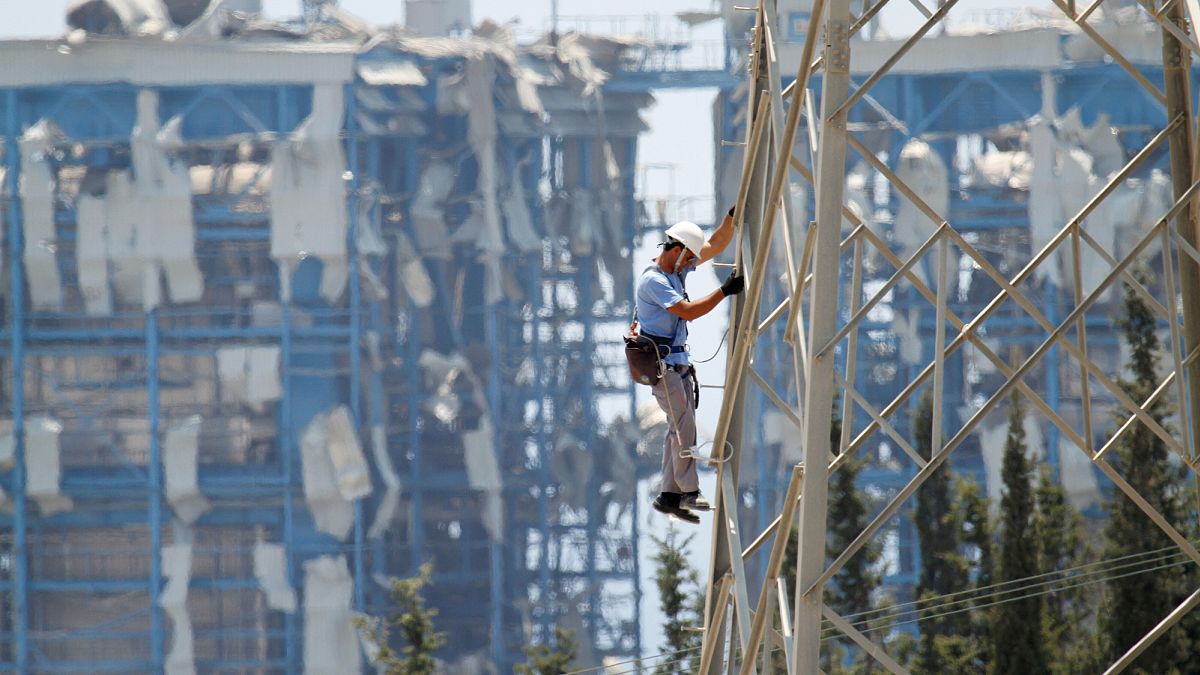Cyprus and Israel are seeking to establish an electricity linkup via an undersea cable that would eliminate their respective energy isolation, a Cypriot official has said.
Energy Minister George Papanastasiou said that Israel is particularly keen to ensure that it can rely on Cypriot energy reserves from both conventional and renewable sources to power the country if the need arises.
Pananastasiou told the AP that Cyprus would soon have the capacity to generate around four gigawatts of electricity from fossil fuels as well as solar and wind sources, while consuming only 0.5 GW.
Wind turbines and photovoltaics generate 1 GW of electricity, but licenses have been issued for construction of new wind and solar energy parks with a capacity of 2.8 GW.
Conventional fuels generate 1.4 GW.
The shared commitment for an electricity cable link was affirmed on Sunday when Cypriot President Nikos Christodoulides held talks with Israeli Prime Minister Benjamin Netanyahu during a daylong visit to Israel and Ramallah in the West Bank.
Both leaders said that the electricity link would showcase the two countries’ geographical location as the natural gateways between Europe and the Middle East.
Papanastasiou said given this geographical advantage, the two leaders agreed to pursue the potential benefits from the establishment of a trade, energy and digital connectivity corridor between India, the Middle East and Europe.
The corridor, known as the India-Middle East-Europe Economic Corridor (IMEC), was unveiled at the G20 summit of the world’s leading rich and developing nations in India in 2023.
Netanyahu said that he had recently spoken with his Indian counterpart Narendra Modi about IMEC, which he said was “a very revolutionary and transformative development that we want to bring into place.”
Separately, an electricity cable project to link Greece with Cyprus is already underway.
The €1.94 billion Great Seas Interconnector (GS) is partly funded by the European Union with a price tag of €800 million.
Progress has been slowed because of Turkish objections over the cable’s course.
Turkey says the project can’t proceed without its consent because the cable would pass through waters it claims fall within its jurisdiction.



